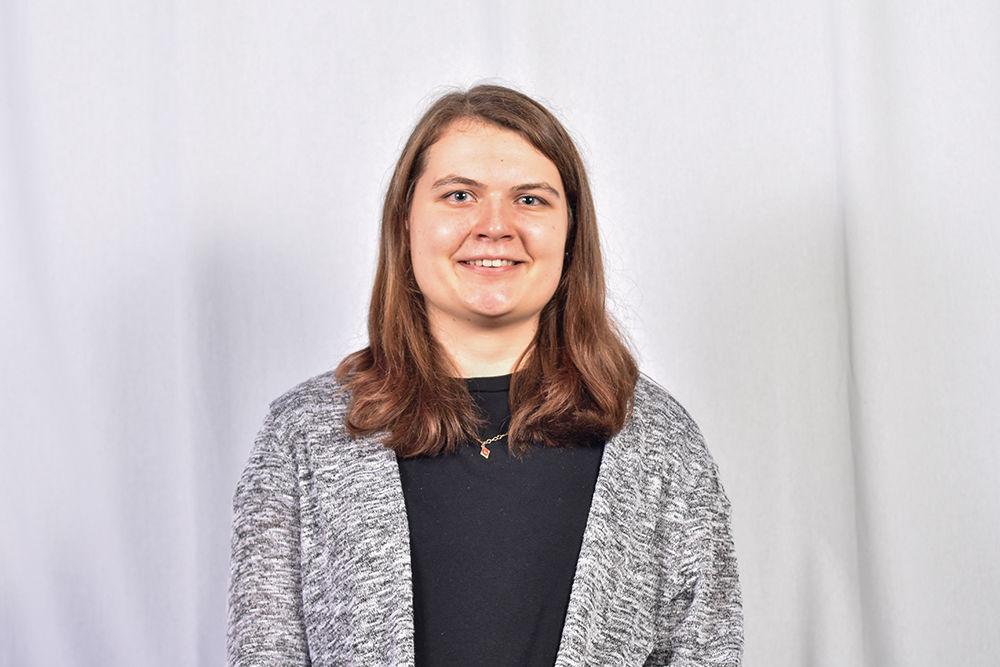Over the past several weeks, as some states began easing guidelines on social distancing, there has been an increased divide between those who are taking protective measures, such as staying at least 6 feet apart from others and wearing masks, and those who are not. According to The New York Times, this divide is strongly correlated with political affiliation: about 76% of Democrats report wearing a mask when they leave home, while only 59% of Republicans do.
In a country that has become increasingly polarized politically, it makes sense that politics would play a role in the response to a global health crisis, as conservatives might perceive government-mandated social distancing measures as an infringement on civil rights. Also, statistically, cities consisting of mainly Democrats have a much higher death count due to coronavirus than cities that mainly consist of Republicans, due to the concentration of Democrats in urban areas, which are more prone to the spread of the virus.
However, no area is immune to the impact of the coronavirus. It has spread to every state in the U.S., and as of the time of this publication, there have been 91,935 reported deaths in the U.S., which exceeds the death toll of the Vietnam, Afghanistan and Gulf wars combined. While I am not necessarily advocating for the same level of social distancing policies across the board, the idea of completely disregarding basic safety measures, such as wearing masks, is absurd and potentially catastrophic.
Also, the disparity in response to public safety measures continues to increase the divide among parties, which could eventually halt progress in flattening the curve and could even prolong the crisis. Regardless of what political beliefs you may hold, taking measures to protect the rest of society has nothing to do with partisanship; public safety is not a political issue — it is a human rights issue.
Another important consequence of the partisan divide in following public safety measures is that the lack of agreement between parties could lead to a more vitriolic and divided election in November.
According to top health officials, COVID-19 is likely to remerge in the fall, and political tensions will only make it more difficult to amass resources needed to fight the virus, which could potentially prolong the pandemic.
While I agree that the government should preserve our civil rights as much as possible, the unique nature of this crisis and the imminent and widespread threat to public safety means that we must take more intensive measures to fight the virus, even if it means temporarily compromising some of our freedoms. In fact, I would say that putting on a mask when you go to the grocery store or bank is a very small price to pay when considering the potential to reduce fatalities. If you’re like me and don’t own a mask or gloves, try wearing a dishcloth, handkerchief or bandana around your face or put socks on your hands. You may look a bit ridiculous, but I’d much rather look ridiculous than have one of my family members become ill.
Also, it’s important to keep in mind that this is not the only instance in which the government has mandated policies or restricted some individual freedoms in order to keep people safe. In 2010, North Carolina passed the Smoke-Free Restaurants and Bars Law, which banned smoking in several public places, including restaurants, bars and hotels. In this instance, the government did not actually ban smoking but simply increased restrictions to ensure the health and safety of the public. While the coronavirus and tobacco are clearly not the same thing, the concept is similar: The government required people to compromise some of their individual liberties to keep the public safe.
At least for now, it’s time to put away partisan differences and focus on helping each other, regardless of who you are or where you live. This doesn’t mean compromising your political views; in fact, there will be plenty of time during the election season to advocate for and vote based on what you believe in. But just like we know that smoking in public places can cause harm to others, remember that our actions right now do not just impact us as individuals but our families and our communities.














